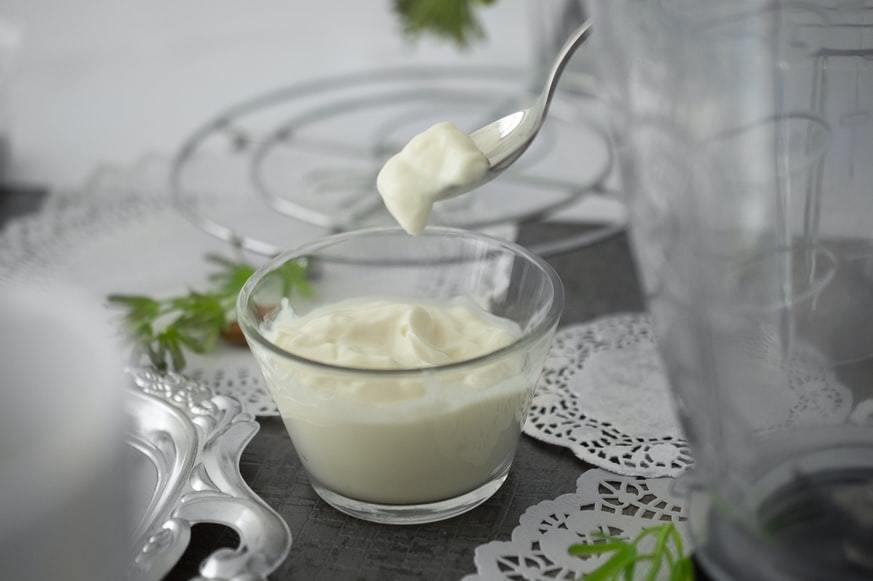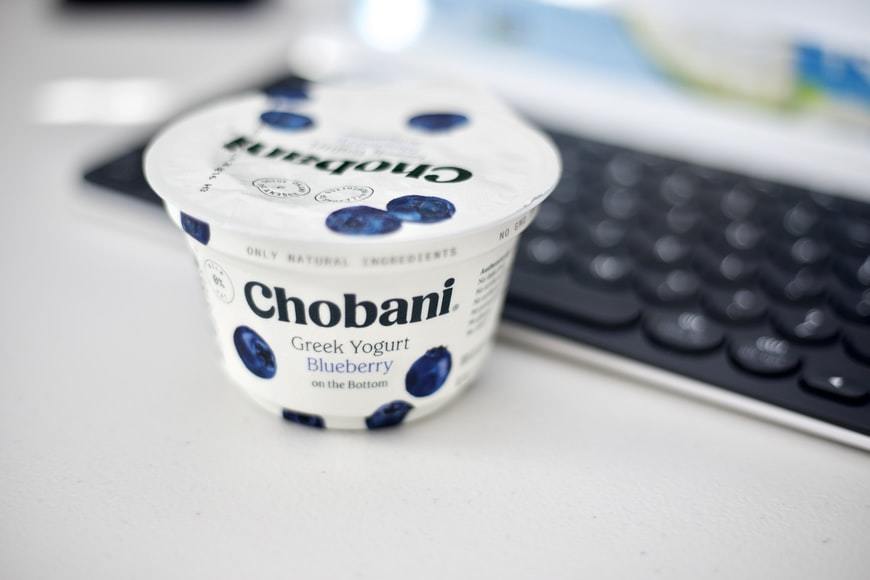
Medical researchers have recently discovered the potential of probiotics to improve gut health and improve overall health. From your physical appearance, digestive system, to your mental health, probiotics play a key role in all these. Unfortunately, many of us are not getting enough probiotics in our diet.
Probiotic foods include any food that contains bacteria that has been proven beneficial to health—or simply helps you maintain your natural gut flora (like acidophilus milk). You can add these foods to your diet through your daily routine such as adding them into your morning cereal or if not possible, you can always take probiotics supplement.
Live-culture yogurt and kefir Plain, unsweetened yogurt with live active cultures are the best sources of probiotics, which we can easily integrate in our daily meals. For instance, you can use plain, unsweetened yogurt in smoothies, as a snack or substitute for sour cream on baked potatoes.
These benefits of probiotics will also motivate you to ensure that you are getting regular probiotics, whether in a form of food or supplements.
1. Probiotics Boost Immunity and Reduce the Risk of Infections
Simply put, probiotics boost your body’s natural immunity by creating an inhospitable environment for infectious agents that would otherwise settle in your gut. You’re more likely to catch cold and flu if you have a compromised immune system—especially during winter months when there is a higher chance of being exposed to cold air and unclean surfaces like doorknobs, counters, tables, etc.
Improving your health with the help of probiotics lessens the chances of coming down with these unpleasant ailments. Simply put, probiotics boost your body’s natural immunity by creating an inhospitable environment for infectious agents that would otherwise settle in your
2. Probiotics reduces bloating
We all know that feeling when you’re full of gas or have stomach ache. In fact, over 30% of people around the world experience symptoms like bloating, diarrhea and constipation. While some of these problems may not be so severe as to cause annoyance in day-to-day life, they can result in serious chronic health issues if they persist.
So how does it work? Probiotics actually help preserve the natural balance of healthy bacteria. For example, Lactobacillus acidophilus is a probiotic strain found in certain dairy products such as yogurt and cheese which prevents excessive amounts of bad bacteria from accumulating inside your gastrointestinal tract.
3. Probiotics prevents and treat diarrhea
In relation to addressing constipation, you are also less at risk to diarrhea if you get adequate amounts of probiotics in your diet. Probiotics can greatly help fight against irritable bowel syndrome and other similar conditions since they help stimulate intestinal contractions and improve the absorption of nutrients in your gut.

Another common example is when taking antibiotics to treat bacterial infections, the medication will also kill the healthy bacteria found in your gastrointestinal tract. This results in diarrhea as nature tries to return balance by expelling what it deems as foreign bodies (the bad bacteria). Eating yogurt or other dairy products that contain live cultures that aid digestion will likely produce a healthier result while undergoing antibiotic treatments for sinus infection for instance.
4. Probiotics assists in weight loss
You can pair probiotics with exercise and healthy eating in order to achieve the best results. For example, regularly incorporating kefir into your diet could promote weight loss since it is a low-fat milk product that contains less calories than other dairy products. It also does not need any refrigeration as it contains probiotics that are already active so you’ll never find yourself wasting food or buying more than necessary.
As for exercise, research has found that subjects who supplemented their diets with probiotics had lower body fat mass on average compared to those who did not take probiotics. While this may seem like a trivial benefit of adding probiotic foods to one’s diet, weight management is one of the biggest factors related to overall improvement of your health.
5. Probiotics is actually good for heart health
There have been studies that probiotic supplements (such as yogurt) can be a useful tool in helping to lower the bad cholesterol levels in your blood. For example, one study found that women who took probiotics regularly had an average of 36% lower total and LDL or “bad” cholesterol compared to those who did not take probiotics. The same benefits also apply for men too which makes it easier for more people to adopt healthy dietary practices.
As a side note – though the evidence is still somewhat weak, regular consumption of probiotics may even help prevent heart disease since it has been known to reduce inflammation in your body caused by harmful substances such as oxidized fats .
6. Probiotics helps slow down aging process
As we age, our bodies become more susceptible to diseases and other ailments so it’s important that you do all you can to slow down this process and keep your body healthy. One way of doing this is by incorporating probiotics in your diet since the bacteria found in these products help stimulate the production of glutathione . Glutathione is a powerful antioxidant that prevents tissue damage from free radicals. It also protects against radiation or toxins which are common elements when dealing with an aging body and are known as risk factors for cancer.
7. Probiotics boosts immune system
As mentioned, probiotics are beneficial to your immune system because it helps regulate the growth of bacteria in your intestines. When these harmless microorganisms are allowed to flourish in your gut, they produce lactic acid that acts as a natural antibiotic that prevents disease-causing bacteria from growing inside your body. Your immune system is also further boosted by getting enough sleep and being physically active (exercising regularly), both of which help deliver essential nutrients and oxygen to your cells.
8. Probiotics for mental health
When you’re feeling down and out, the best way to lift your mood is by exercising. However, this isn’t always an option especially if it’s raining outside or you have a very busy day ahead. A more convenient alternative to help get rid of those blues is taking probiotic supplements because research found that they can enhance your mood by improving brain function as well as reducing symptoms of depression.
How to Incoporate Probiotics in your diet?
Since most products containing probiotics are in the form of food, you can just add them to your diet without much hassle.
As mentioned earlier, one of the best ways to incorporate probiotics is through eating fermented foods such as kefir (a drink), kimchi (a pickled cabbage dish), or yogurt. You’ll want to be careful with which brands you buy because only certain yogurt contains these good bacteria; some companies actually add harmful microorganisms and chemicals during manufacturing so it’s important that you check labels before purchasing this kind of product. When shopping for grocery items, choose those that have “live and active cultures” printed on the label as th
Last Updated on
- How to clean standing fan easily - September 24, 2022
- How Long Does a Fan Last? – Electric fan Maintenance Guide - September 23, 2022
- Can electric fans be left on 24 hours a day? - September 23, 2022
